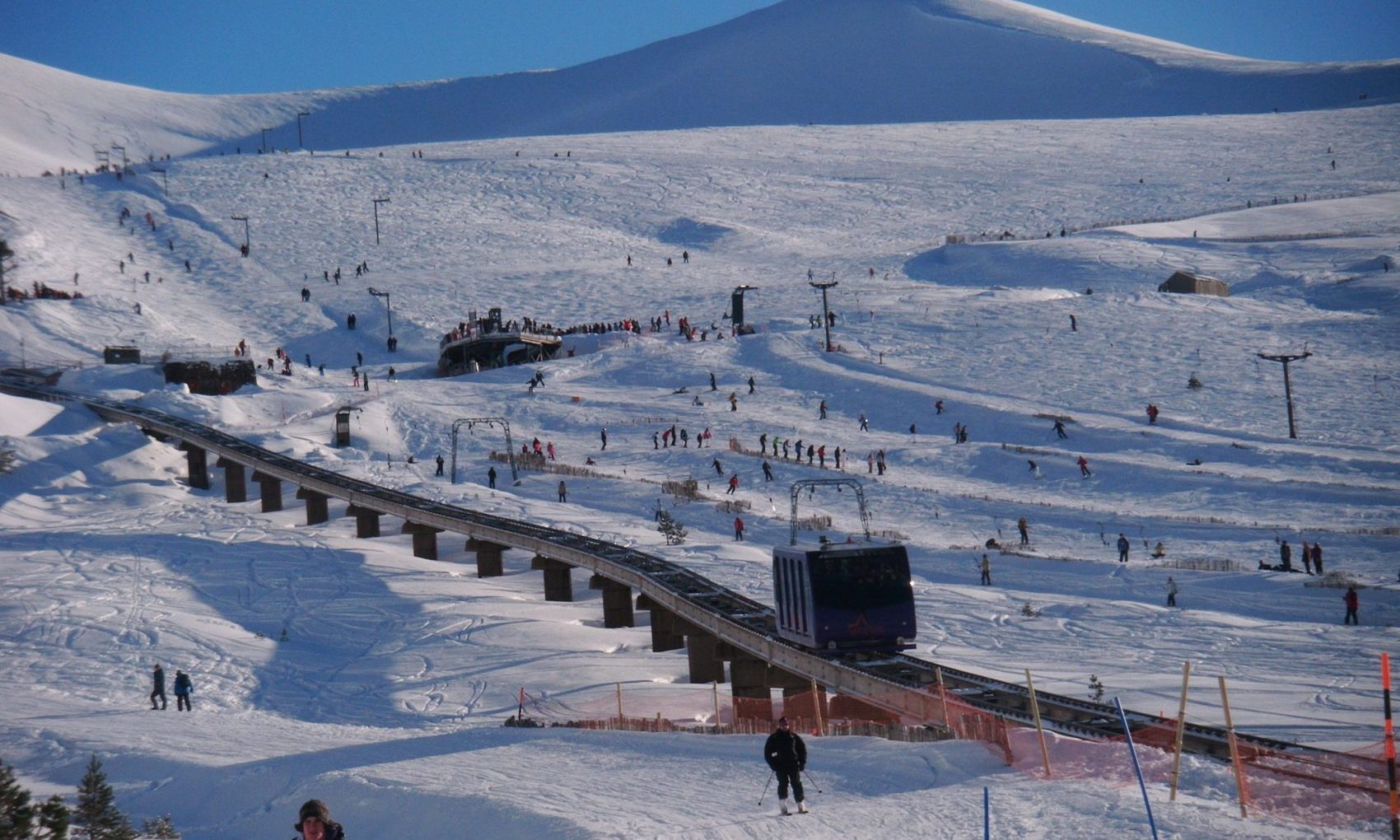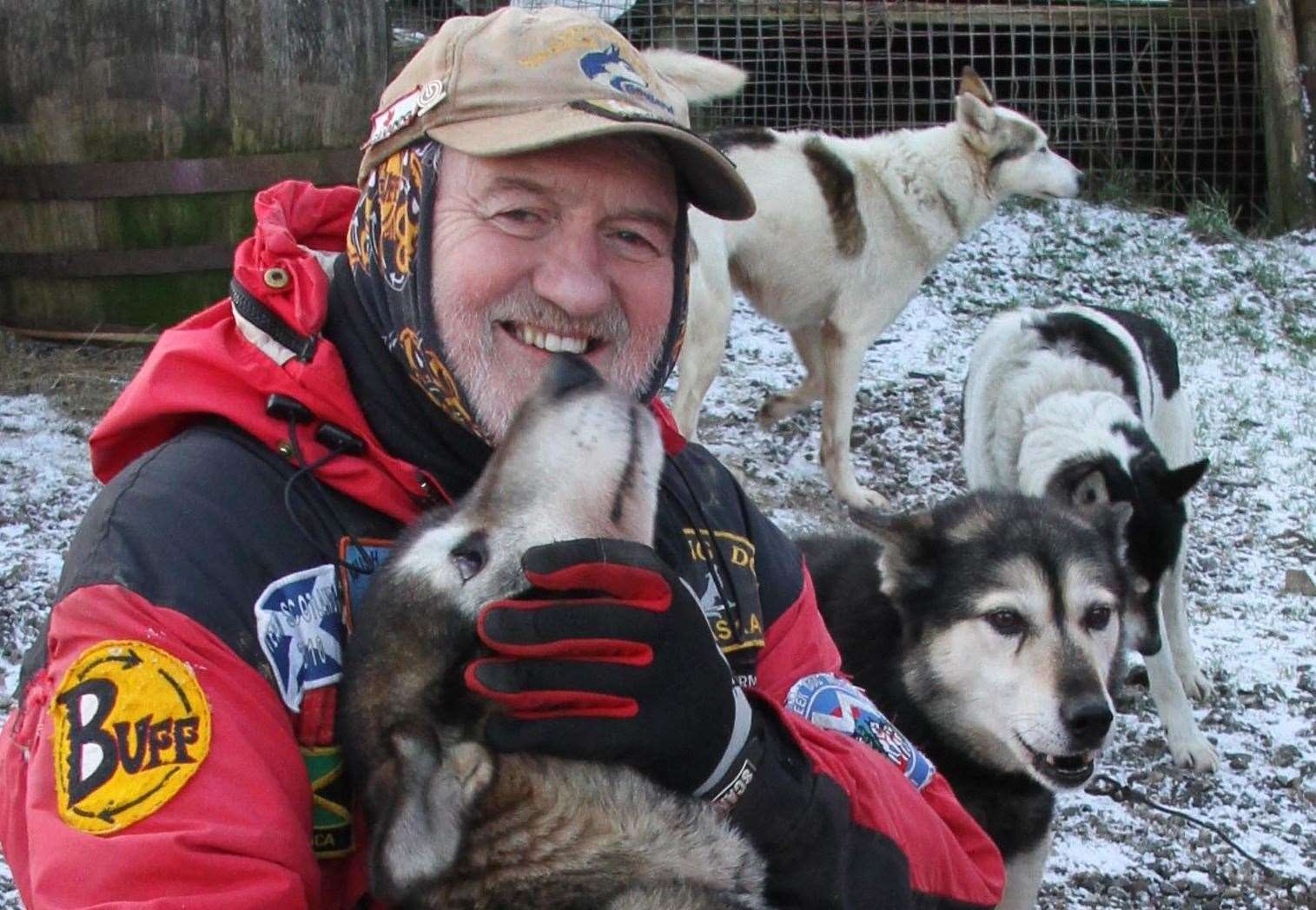
The devastating effects of climate change are drastically impacting a British ski resort located in the Cairngorms National Park. Snow-covered hills which attract snow sports enthusiasts and the home of the only daily working sled-dog center in the UK are now transforming into muddy slopes as temperatures rapidly rise, infringing upon the ski area’s future. Attracting over two million visitors a year, the resort is now being forced to shut its doors.
Cairngorm Sleddog Centre, owned and operated by Alan Stewart and his family, is suspending operations after almost two decades of dog sledding. Becoming the first business in the Aviemore area to shut down, Alan stated: “climate change has finished us off.” Stewart has been witnessing the gradual effects of climate change over the past few years, however; the telltale sign was when his pack of 20 Siberian Huskies began molting in the winter season. Additionally, the dogs cannot run in temperatures above 10 degrees centigrade and with much higher temperatures, they have left with no choice.

The Cairngorm Mountains, which cover 300 square miles in the eastern Highlands of Scotland, not only provide various recreational activities during the winter months but also act as habitats for 25% of Britain’s endangered species. As a result of the lack of snow, there has been a noticeable decline in wildlife throughout the area. Species that rely on the snow and ice for survival, such as the Mountain Hare and Rock Ptarmigans, have fallen victim to predators.
The negative effects of climate change are jarring in these mountains. Losing snow at an alarming rate, an estimated one-third of the once snow-covered area has been diminished over the past 45 years. As temperatures continue to rise and snowfall becomes obsolete, the area could be entirely snow-free by 2080.